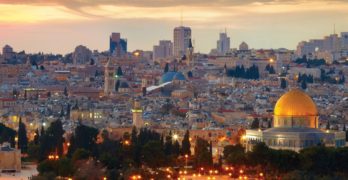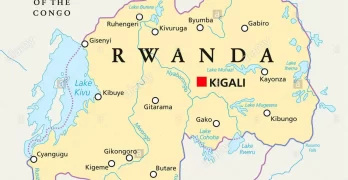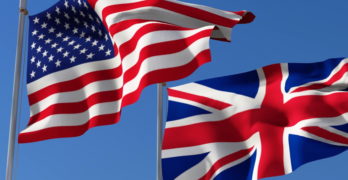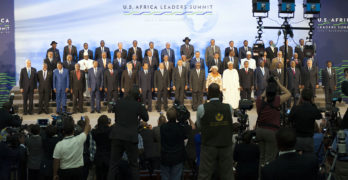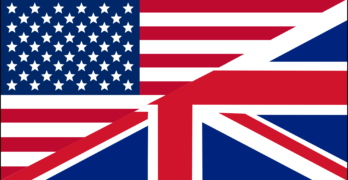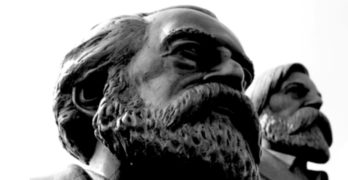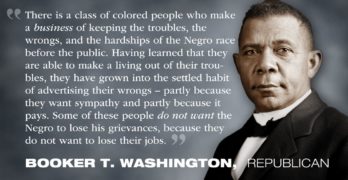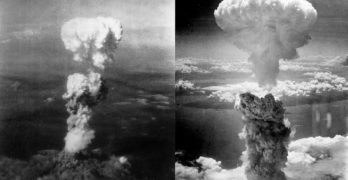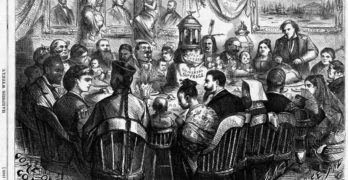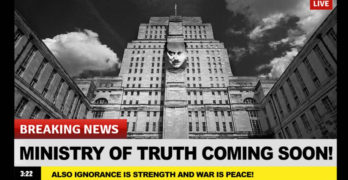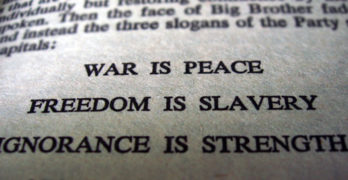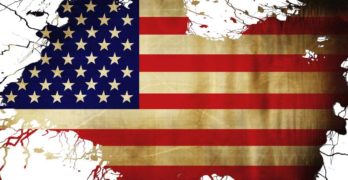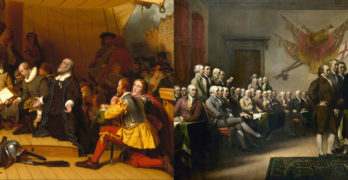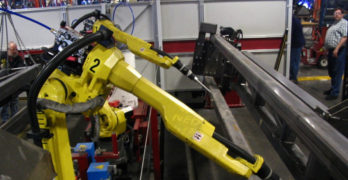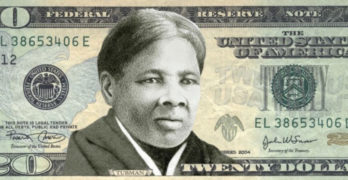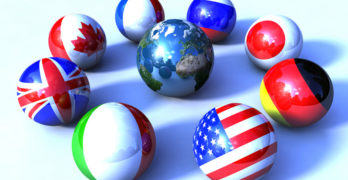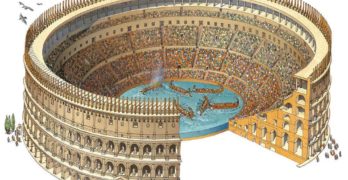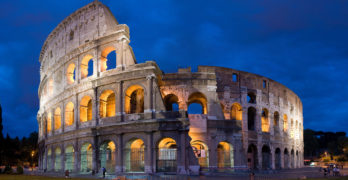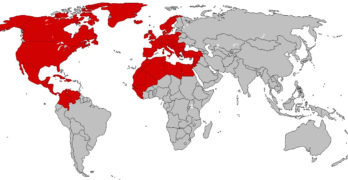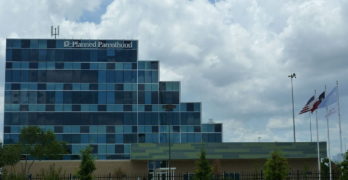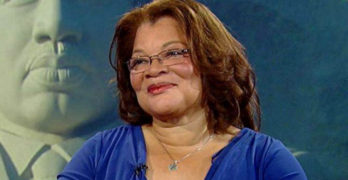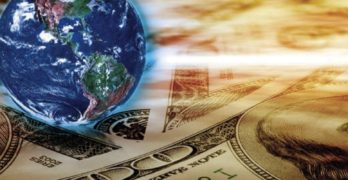 There was nothing significant to talk about in the United States–Africa Leaders Summit. It’s still the same old story. The summit commenced on 4 August 2014 and leaders from fifty African states attended the three day summit that primarily focused on trade, investment and security of the continent.
There was nothing significant to talk about in the United States–Africa Leaders Summit. It’s still the same old story. The summit commenced on 4 August 2014 and leaders from fifty African states attended the three day summit that primarily focused on trade, investment and security of the continent.
Africa is the richest continent on earth in natural resources. These natural resources include gas, oil, gold, silver, diamonds, uranium, iron, copper, tin, lead, coal, timber, cobalt, wood, coltan, chromium, and much more. But why is Africa one of the poorest continents yet has natural resources that are in great demand?
One explanation is that developed nations are rich because they supply things that are scarce but are in high demand. Undeveloped nations, on the other hand, are poor because they supply too many things for which there is relatively little demand.
But this does not answer the question of poverty in these poor nations such as the Congo, Nigeria, South Africa, and others. Congo supplies the world with diamonds and Nigeria is the world’s ninth largest producer and supplier of oil. Trinidad also has oil, Jamaica has bauxite, and Guyana is rich with gold. Yet every one of these countries is borrowing money from the International Monetary Fund (IMF).
 One of the main reasons this is happening is because the corrupt leaders of these poor nations have allowed other special interests in the world to take advantage of Africa for decades or even centuries. They trade worthy and valuable goods in return for unworthy goods, deceiving contracts and political promises all at the expense of the people. Through such deceptive trade deals, the elites of this planet receive and control the natural resources of these countries by keeping them in a constant struggle and war.
One of the main reasons this is happening is because the corrupt leaders of these poor nations have allowed other special interests in the world to take advantage of Africa for decades or even centuries. They trade worthy and valuable goods in return for unworthy goods, deceiving contracts and political promises all at the expense of the people. Through such deceptive trade deals, the elites of this planet receive and control the natural resources of these countries by keeping them in a constant struggle and war.
These countries remain in need of outside help and this is where the imperialistic politics of the world powers come in to play. More misleading aid and assistance is promised to problems they helped create in return for natural resources. The leaders who are meant to lead the Africans by example trade Africa’s worthy and valuable goods in return for unworthy goods, deceiving contracts, and empty political promises. And the cycle just continues to repeat itself until poor countries are made poorer and rich countries get richer. Lead researcher of Rema Marketing Reece Woodstock says:
The media portrayal of Africa is not the real accurate picture of a continent that many believe to be the birth place of Adam and Eve and the location of the original Garden of Eden from which mankind fell…..Unfortunately, many people are genuinely unaware of the real truth, which is that Western Freemasonry has for hundreds of years systematically enslaved Africa and other so called third world nations in a financial debt that would take hundreds of generations to repay. Africa’s resources have been pillaged and the West have been influential in ensuring that many of the leaders placed in positions of power in African states are ones whose presence serves only to ensure that the nations they run, remain impoverished and in chaos. What Cecil Rhodes started has never fully changed. Only the perception has been camouflaged.
Interventions from governmental bodies like State visits of African leaders to Washington which again reflects the West’s scramble for Africa’s resources will never change the character of any nation’s economic system. This has been called the recolonization of Africa, which has made the indigenous people slaves and the leaders puppets for their foreign masters.
In 2011 the Guardian reported that…
Harvard and other major American universities are working through British hedge funds and European financial speculators to buy or lease vast areas of African farmland in deals, some of which may force many thousands of people off their land …
… No one should believe that these investors are there to feed starving Africans, create jobs or improve food security …
Much of the money is said to be channelled through London-based Emergent asset management, which runs one of Africa’s largest land acquisition funds, run by former JP Morgan and Goldman Sachs currency dealers. Emergent’s clients in the US may have invested up to $500m in some of the most fertile land in the expectation of making 25% returns.
“These agreements – many of which could be in place for 99 years – do not mean progress for local people and will not lead to food in their stomachs. These deals lead only to dollars in the pockets of corrupt leaders and foreign investors.”
“The scale of the land deals being struck is shocking”, said Mittal. “The conversion of African small farms and forests into a natural-asset-based, high-return investment strategy can drive up food prices and increase the risks of climate change.
Research by the World Bank and others suggests that nearly 60m hectares – an area the size of France – has been bought or leased by foreign companies in Africa in the past three years…..Most of these deals are characterised by a lack of transparency, despite the profound implications posed by the consolidation of control over global food markets and agricultural resources by financial firms,” says the report.
We have seen cases of speculators taking over agricultural land while small farmers, viewed as squatters, are forcibly removed with no compensation,” said Frederic Mousseau, policy director at Oakland, said:
“This is creating insecurity in the global food system that could be a much bigger threat to global security than terrorism. More than one billion people around the world are living with hunger. The majority of the world’s poor still depend on small farms for their livelihoods, and speculators are taking these away while promising progress that never happens.”
African leaders should instead protect individual freedoms and human rights and stop being Western puppets. The contradiction is that their talk for human rights seems to be positive on the surface, but underneath they deny that the family is the economic foundation of society.
These summits only suggest alternative causes of poverty and don’t explain or give realistic answers about how to alleviate poverty in developing nations or outline strategies for how the poor might become productive and self-sufficient without stealing their land or depending on other nations for support.
Africa Doesn’t Need Aid
Every effort to distribute wealth from richer nations to poorer ones through debt, taxes, and other donations will never work. This is because the poor will always need to be fed and therefore poverty cannot be eradicated by stealing land and wealth from one nation and giving it to another. It’s impossible.
The one thing the West could usefully export to Africa is knowledge— knowledge of how to structure a nation’s laws to secure freedom and prosperity for its people. This is what some early Christian missionaries tried to do by incorporating free enterprise and Christianity in African nations. “But those in the West who make African aid their vocation; as one writer has noted, “this knowledge appears to be a commodity that is sorely lacking.” James Shikwati aptly points out,
History teaches us the strategic importance of learning from successful cultures is a tool to build one’s own. To think, and assume, that knowledge and experience are a preserve of a few is to relegate Africans to unthinking objects. Promoting free trade is the driving solution to poverty in Africa. Africa doesn’t need aid from Western governments and international organizations. Aid doesn’t eliminate poverty, instead it does more harm than good to Africans based on the central arguments that “it is mainly used either by politicians as a tool to manipulate people and influence votes, or as a mechanism for dumping subsidized foreign agricultural products onto local markets at below cost making it nearly impossible for African farmers to compete. Huge bureaucracies are financed (with the aid money), corruption and complacency are promoted. Africans should be taught to be independent not beggars. In addition, development aid weakens the local markets everywhere and dampens the spirit of entrepreneurship that we so desperately need.
Conclusion
What Africa needs applies to any other nation: free enterprise that provides businesses and creates wealth and job opportunities. Farmers in Africa need infrastructure to connect to their farm inputs and to foreign markets. Therefore, governments should invest in infrastructure, safeguard property, and the rule of law.
The wealth and natural resources in developing nations are tremendous, but the problem is productive capital and the knowledge of how to use it. But what do we expect from the self-serving dictators and Western elites who control every means of production and distribution? Of course they would be against biblical principles of wealth creation.


